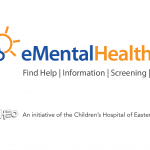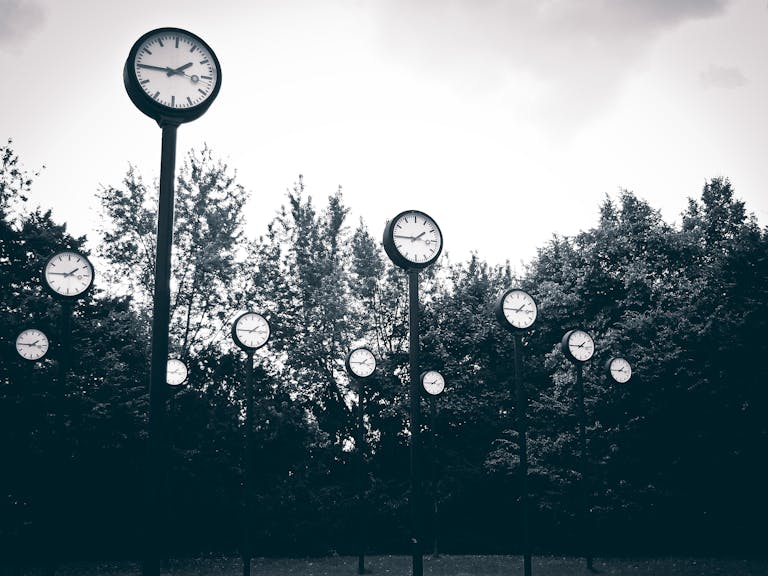Burnout in GTA Healthcare Workers: How Spirituality Can Help
Burnout among healthcare workers in the Greater Toronto Area (GTA) has reached critical levels, according to a recent study. Staff shortages, increased workloads, and persistent system pressures have created an environment rife with emotional and physical exhaustion. Many frontline professionals now struggle to find meaning in their work and are seeking effective strategies to cope and recover. Read 2024 CUPE study.
Why Are GTA Healthcare Workers at Risk?
Systemic barriers like chronic understaffing and relentless administrative demands are driving widespread stress in GTA hospitals and clinics. Key warning signs of burnout include:
- Persistent emotional exhaustion and fatigue
- Feelings of hopelessness or detachment
- Irritability with colleagues, patients, or family
- Physical symptoms including headaches and insomnia
More than 60% of local hospital staff report feeling exhausted or frequently stressed, with many contemplating a career change.
The Role of Spirituality in Coping
While systemic improvements are essential, recent research highlights spirituality as a protective tool against burnout. Here, spirituality is not limited to religious practice. Instead, it involves finding meaning, purpose, and connection in life and work.

How Spirituality Buffers Burnout
- Restores Purpose: Engaging with spiritual values helps healthcare workers rediscover a sense of meaning, even during challenging shifts.
- Reduces Emotional Exhaustion: Reflective and mindfulness-based practices support emotional renewal.
- Improves Coping with Moral Distress: Spiritual approaches can help process moral and ethical dilemmas common in healthcare settings.
- Fosters Community: Connecting with supportive peers or spiritual communities relieves isolation and provides hope.
| Mechanism | Benefits for Healthcare Workers |
|---|---|
| Sense of Purpose | Rekindles motivation and resilience |
| Mindfulness & Reflection | Lowers stress, prevents emotional overload |
| Community & Connection | Counters loneliness, builds camaraderie |
| Values-Based Decision Making | Easier navigation of ethical challenges |
Evidence-Based Spiritual Strategies
Healthcare professionals in Toronto and beyond are exploring various spiritual strategies to manage burnout, including:
- Reflective Supervision: Regular meetings with therapists, coaches or spiritual directors to discuss experiences and reconnect with core values.
- Mindfulness Practices: Setting aside time for meditation, breathing exercises, or contemplation to promote calm and clarity.
- Peer Support Groups: Joining or forming groups centered around shared meaning and emotional support.
- Personal Rituals: Integrating small acts like gratitude journaling, prayer, or creative expression into daily routines.
What’s missing from most burnout solutions is the role of spirituality. Not religion, necessarily. But a deeper connection to purpose, meaning, and the inner life.
How can Spirituality Help Nurses and Doctors in the Toronto area?
Spirituality, through connection to values, reflection, and community, empowers healthcare workers to sustain their wellbeing and commitment to care, even amid ongoing pressures.
Takeaway
Burnout in GTA healthcare workers is a severe challenge, but integrating spiritual practices, such as mindfulness, community connection, and values-based reflection, offers a powerful, evidence-backed buffer. By reconnecting with meaning and purpose, healthcare professionals can foster greater resilience and hope, both for themselves and the communities they serve.
Remember: True wellbeing requires both personal strategies and ongoing system-level improvements. Consider exploring the spiritual dimension in your own approach to coping and healing if you are part of this essential workforce.

Looking for a place to begin therapy?
I support healthcare workers and first responders in Kitchener, Toronto, and throughout the GTA who are navigating burnout, moral distress, and identity loss.
Together, we create space for reflection, healing, and renewal—spiritually, emotionally, and professionally.
Sources: ¹ Burnout among healthcare providers – BMC Public Health, 2019 ² Burnout in military medical centers – Military Medicine, 2016 ³ Spirituality and nurse burnout – Journal of Religion and Health, 2022 ⁴ Spiritual wellbeing and burnout – Mental Health, Religion & Culture, 2022















